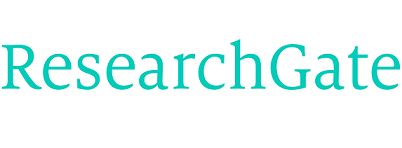Vol 4 Issue 6 November 2017-December 2017
Ela N. Regondola, Leah N. Barbado
Abstract: Assessment is an integral part of instruction, as it determines whether or not the goals of instruction are met. It is where decisions about grades, placement, advancement, instructional needs, curriculum and funding are based. It follows that teachers must possess assessment skills to assure that results of assessment are valid and reliable. This study explored the assessment skills and practices of the faculty members in the Camarines Norte State College, College of Education. It also determined the frequency of use of the traditional and alternative or authentic assessment techniques. Result of the study indicated that the respondents are skilled in following guidelines in writing test items, using of traditional assessment, grading, communicating results, and using alternative assessment. They are however, somewhat skilled in using statistical analyses of classroom assessment data and using data. The respondents often followed assessment practices, wrote test items, used traditional assessment, used grading, communicated results, used alternative assessment and used data to improve teaching-learning process; they on the other hand used statistical analyses of classroom assessment data only occasionally. There is a significant difference in the respondents’ frequency of use of traditional and alternative assessments as to age and years of teaching experience while no significant difference in the frequency of use of these types of assessments relative to sex, educational attainment and school level assignment. Results indicate that the frequency of use of the assessment types changes as the age and years of teaching experience of the teacher increase. The three groups of respondents significantly differed in their use of statistical analyses of classroom assessment data based on school level assignment and years of teaching experience. The respondents are a little skilled in using classroom assessments techniques. Results imply that there is a need for all groups to try using other assessment techniques to properly evaluate the performance of their students. An in-service training program on the preparation of assessment tools and how results could be used to improve instruction is proposed for implementation.
Keywords: Classroom assessment, assessment practices, assessment skills, performance, authentic/alternative assessment techniques, traditional assessment.
Title: Classroom Assessment Skills and Practices in the College of Education
Author: Ela N. Regondola, Leah N. Barbado
ISSN 2394-9686
International Journal of Novel Research in Education and Learning
Novelty Journals






